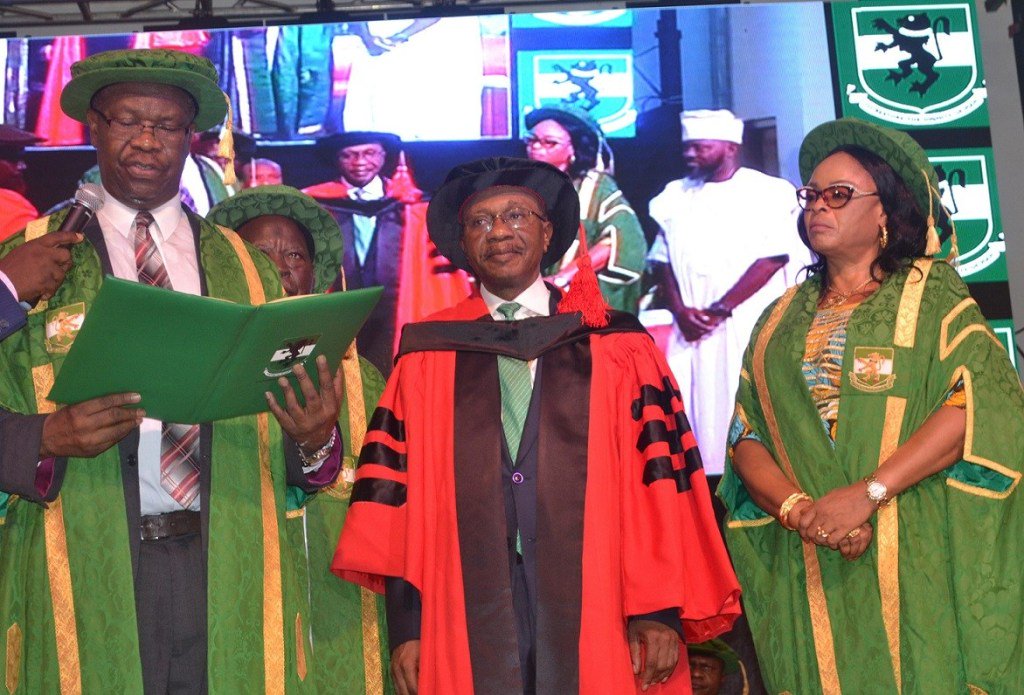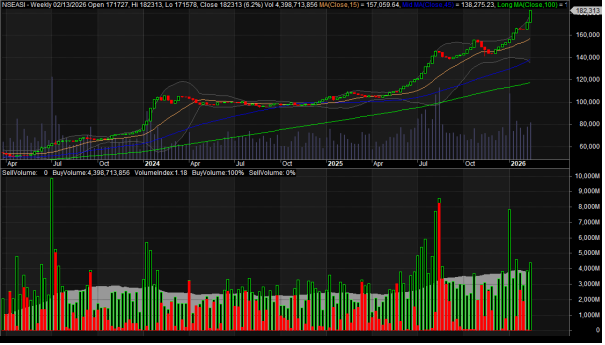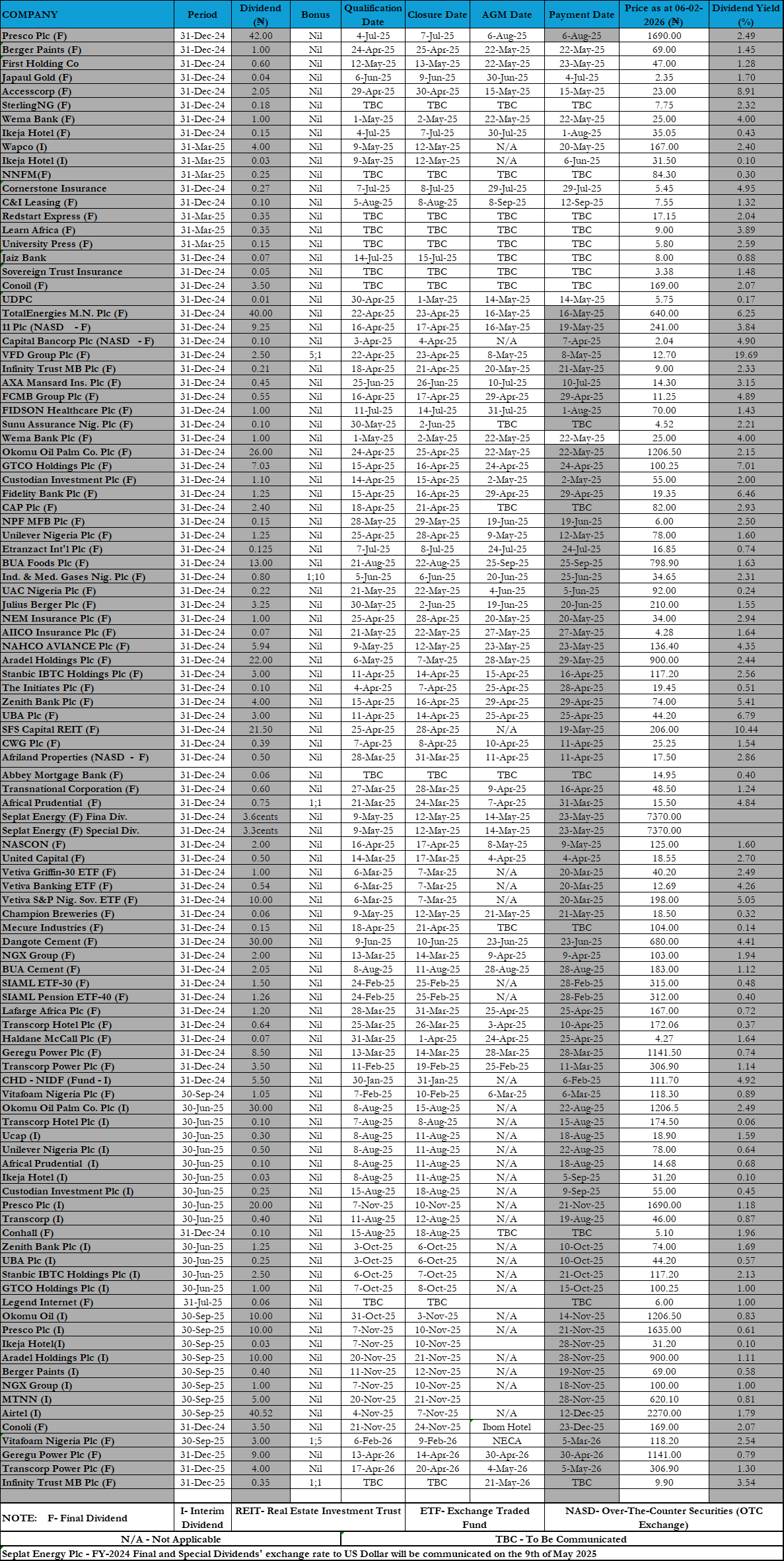
Godwin Emefiele, Governor of the Central Bank of Nigeria (CBN), on Friday, noted the improved availability of foreign exchange in the country and the consequent stability of the Naira against major currencies of the globe, since the introduction of the Importers and Exporters (I&E) FX window.
In a presentation titled: “From Recession to Growth: The Story of Nigeria’s Recovery from the 2016 Economic Recession,” at the special convocation of the University of Nigeria, Nsukka, Enugu State, he said over $48bn has been traded in the I&E window since its inception.
This, he said, has also reflected in the nation’s foreign exchange reserves at $45bn, in April 2019, enough to finance 9 months of current import commitments, compared to $23bn in October 2016.
Also arising from these, the CBN Governor said is the Naira’s stability at an average N360/$ in the past 24 months, while the exchange rate at the parallel market window appreciated from N525/$ in February 2017 to N360/$ today.
Another programme that enhanced the nation’s emergence from recession, he continued, is the Anchor Borrowers Programme, which has helped “to bolster agricultural production by removing obstacles faced by smallholder farmers.
The programme, which also improved access to markets for farmers by facilitating greater partnership with agro-processors and manufacturing firms in the sourcing of raw materials, has supported over 1,059,604 smallholder farmers across the 36 states of Nigeria. The beneficiaries were supported to cultivate 16 different commodities on 1.114m hectares of farmland and in the process helping to create over 2.5m jobs across the agricultural value chain.
“A key emphasis was placed on improving rice production, given the considerable weight importation of rice had on Nigeria’s import bill. This focus has enabled increased production of rice in the country, which has led to net savings of $800m in our import bill as a result of drastic declines in rice importation,” Emefiele stressed.
For those who note the weak economic recovery in the country, while inflation remains at double digits, the Governor called attention to the fact that Nigeria’s economic recovery has faced powerful headwinds, at this time oil revenues still constitute over 90% of export earnings.
It must be noted, he continued, that while “oil prices are yet to return to their pre-2015 levels, the CBN has been able to reduce inflation, build our FX reserves, while maintaining stability in the foreign exchange market.”
He identified a subsisting challenge as the need to ensure “that the pace of GDP growth remains well ahead of our annual population growth at 2.7%,” which “can only be achieved if we continue to support efforts aimed at improving domestic production of goods in Nigeria.”
To promote sustainable growth of the Nigerian economy, Emefiele recommended called for the significant increase in the country’s policy buffers, including fiscal measures to increase the external reserve; while diversifying the revenue structure of the Federal government by ensuring it relies much less on direct proceeds from the sale of crude oil.
He also called for proactive fiscal actions such as investment in infrastructure to enhance economic growth; “provision of cheap financing to boost local production of priority goods in critical sectors of the economy in order to reduce reliance on foreign imports.
The governor also wants universities to be empowered to considerably partner the private and public sectors in the area of supporting research and development of solutions applicable to the enhancement of economic growth.
To achieve this, he urged universities “to enhance their curriculum, so students are well equipped with the skill sets that are required to support Nigeria’s growth in this digital era.”













